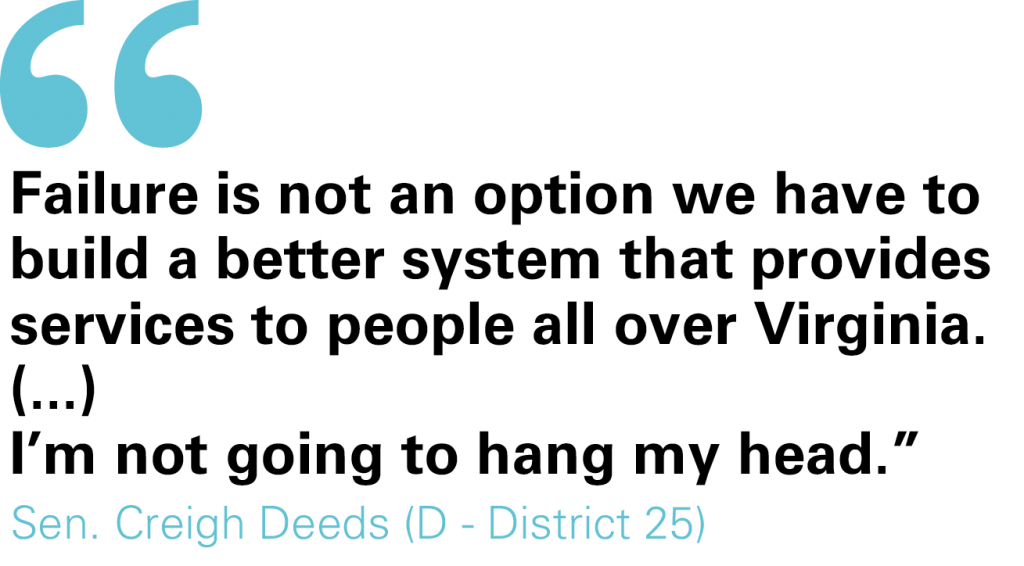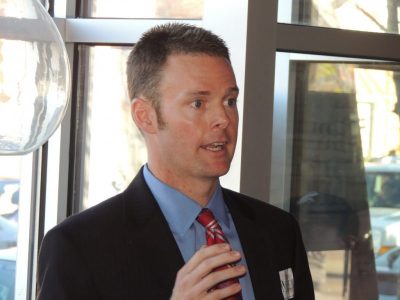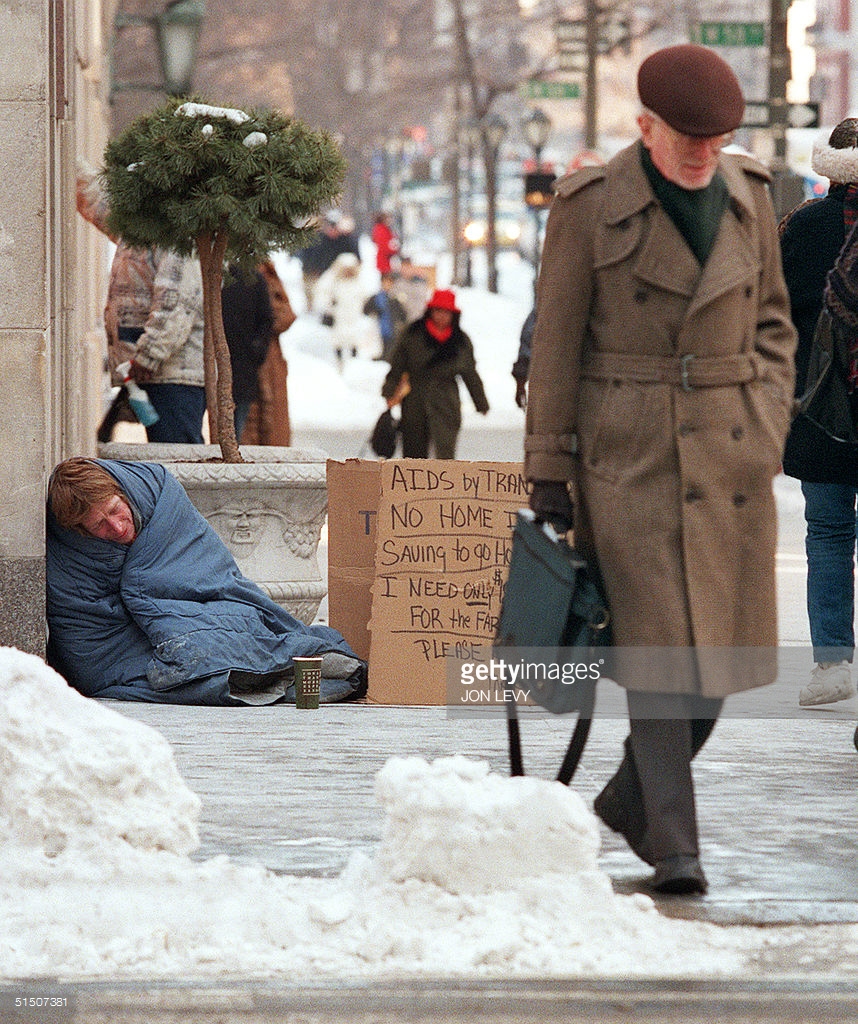
(1-8-18) Kudos to Alexandria Virginia Commonwealth Attorney Bryan Porter for assigning a senior supervisory prosecutor to screen cases for persons whose arrest stemmed from some obvious mental illness and not criminogenicity.
Prosecutor Porter has put Molly Sullivan, a chief deputy prosecutor, in charge of reviewing arrestees for possible participation in a diversion program that will offer them treatment instead of languishing in jail. The goal is to address the underlying cause of crimes committed by people with severe mental illness, decrease the length of any incarceration, and to avoid it entirely in those cases where the safety of the community can be served by pre-trial services and mental health treatment and/or probation, according to reporter Denise Dunbar, writing in the Alexandria Times.
 “As a society, we simply must do a better job in addressing mental illness. Far too often, police, the sheriff and prosecutors are asked to be the primary treatment providers for the mentally ill, and it should be obvious that we have neither the expertise nor the resources to adequately address the myriad of issues raised by mentally ill citizens,” Porter told the newspaper.
“As a society, we simply must do a better job in addressing mental illness. Far too often, police, the sheriff and prosecutors are asked to be the primary treatment providers for the mentally ill, and it should be obvious that we have neither the expertise nor the resources to adequately address the myriad of issues raised by mentally ill citizens,” Porter told the newspaper.
Bravo!
However, more than thirteen years ago when I was doing research for my book, CRAZY: A Father’s Search Through America’s Mental Health Madness, the prosecutor’s office in Miami Dade Florida had one of its chief prosecutors doing exactly what Sullivan has been assigned.
Yes, that was more than a decade ago!
Virginia residents should be asking if their jurisdiction has a Molly Sullivan. (The state’s constitution requires that every county and every city be served by a commonwealth’s attorney.)
The diversion step that Commonwealth Attorney Porter is taking is part of a sequential intercept model concept designed to identify those who are being incarcerated primarily because of their illnesses – typically on charges such as trespassing and loitering – and divert them into treatment.
Such programs have proven to save tax dollars and help persons recover who are sick.
Porter’s actions are another step in several that are happening across the state, primarily because of the efforts of state Senator Creigh Deeds (D.) and Delegate Rob Bell (R.), Sadly, our state remains behind others.
One glaring example of footdragging is the state’s refusal to launch mental health courts as part of diversion efforts. In Virginia, you can’t even utter that term. You have to refer to them as mental health “dockets” or “behavioral dockets” because state legislators and many prosecutors are afraid they will be accused of giving special treatment to defendants.
 (1-5-18) According to the
(1-5-18) According to the  Reporter Ben Finley, writing in the
Reporter Ben Finley, writing in the 




